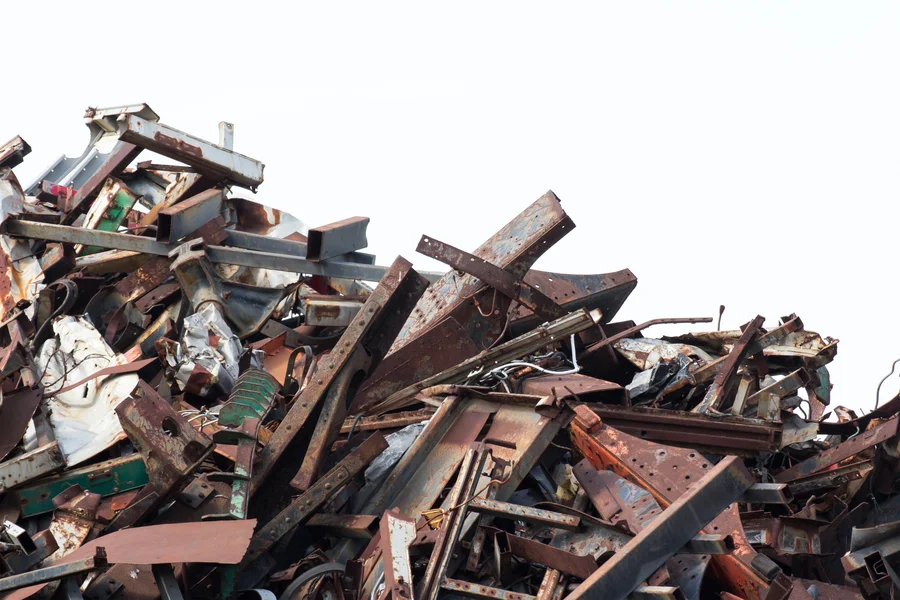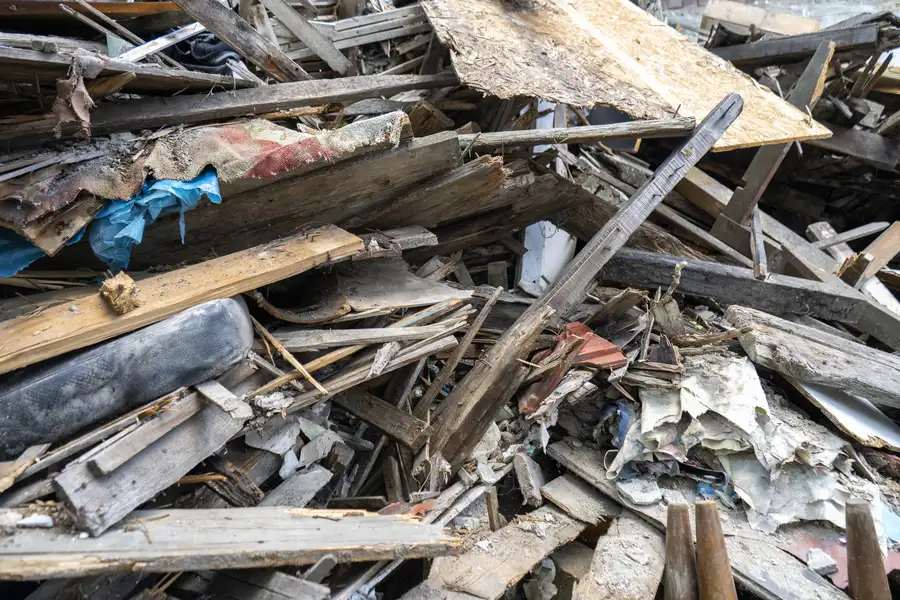Essential Tips for Managing Metal Safely
Dealing with scrap metal during junk removal can be challenging and risky if not done correctly. Safety should be your top priority when handling metal pieces, as they may be sharp, heavy, or harbor hazardous materials. Implementing the right safety measures will not only protect you but also ensure the efficient completion of your junk removal project. This guide will provide you with essential tips and practices for safely handling scrap metal during junk removal tasks.
The Importance of Safety Gear
Wearing the appropriate safety gear is crucial when dealing with scrap metal. Protective gloves guard your hands against sharp edges and potential cuts. Safety goggles protect your eyes from flying debris. Additionally, wearing steel-toed boots can prevent foot injuries from dropped metal pieces. Always ensure that your safety gear is well-fitted and in good condition before starting your work.
Understanding Scrap Metal Removal
Scrap metal removal involves collecting and disposing of various types of metals. It is essential to separate different types of metals for efficient recycling. Categorizing metals like iron, aluminum, and copper can help maximize recycling efforts and reduce environmental impact. Proper organization during scrap metal removal ensures a smoother process and potentially higher earnings if selling the metal.
Handling Heavy Metal Pieces
Handling heavy metal pieces demands caution and proper techniques to avoid injury. Always lift with your legs, not your back, to prevent strain or back injuries. Consider using tools such as dollies or hand trucks to move large or heavy pieces. Never attempt to move oversized items alone; seek assistance to ensure safe handling.
Environmental Considerations
Proper disposal of scrap metal is vital for environmental protection. Metals that end up in landfills can have detrimental effects on the environment. Recycling metals reduces the need for new raw materials and decreases pollution. Partnering with a reliable recycling service ensures that metals are processed in an environmentally friendly manner. By doing so, you contribute to sustainability efforts while benefiting the community.
Organizing Your Workspace
An organized workspace is essential for safely handling scrap metal. Keep your work area clean and free of unnecessary clutter. This reduces the risk of accidents and allows for efficient workflow. Ensure tools and safety gear are easily accessible, and store different types of metals separately. A well-organized space promotes safety and productivity during junk removal activities.
Steps for Safe Scrap Metal Handling
- Ensure you have all necessary safety gear on hand.
- Identify and separate different types of metals.
- Use proper lifting techniques to handle heavy items.
- Keep your work area tidy and clutter-free.
- Partner with a recycling service for disposal.
The Benefits of Organized Scrap Metal Removal
Effectively organizing scrap metal removal offers several benefits. Firstly, it enhances safety by reducing hazards associated with cluttered or disorganized spaces. Secondly, organization leads to more efficient sorting and recycling processes. Lastly, it can increase profitability if metals are sold since buyers often offer higher prices for sorted materials. Organized scrap metal removal ultimately saves time and reduces stress during the project.
Your Trusted Partner for Junk Removal Solutions
If you need help managing your scrap metal, we invite you to contact us at (201) 283-9168. Our team at Hackensack BBC Scrap Metal specializes in professional junk removal services tailored to your needs. Based in Hackensack, NJ, we are committed to delivering safe and efficient solutions for all your junk removal projects. Let us assist you in creating a cleaner, safer environment by responsibly handling your scrap metal.

